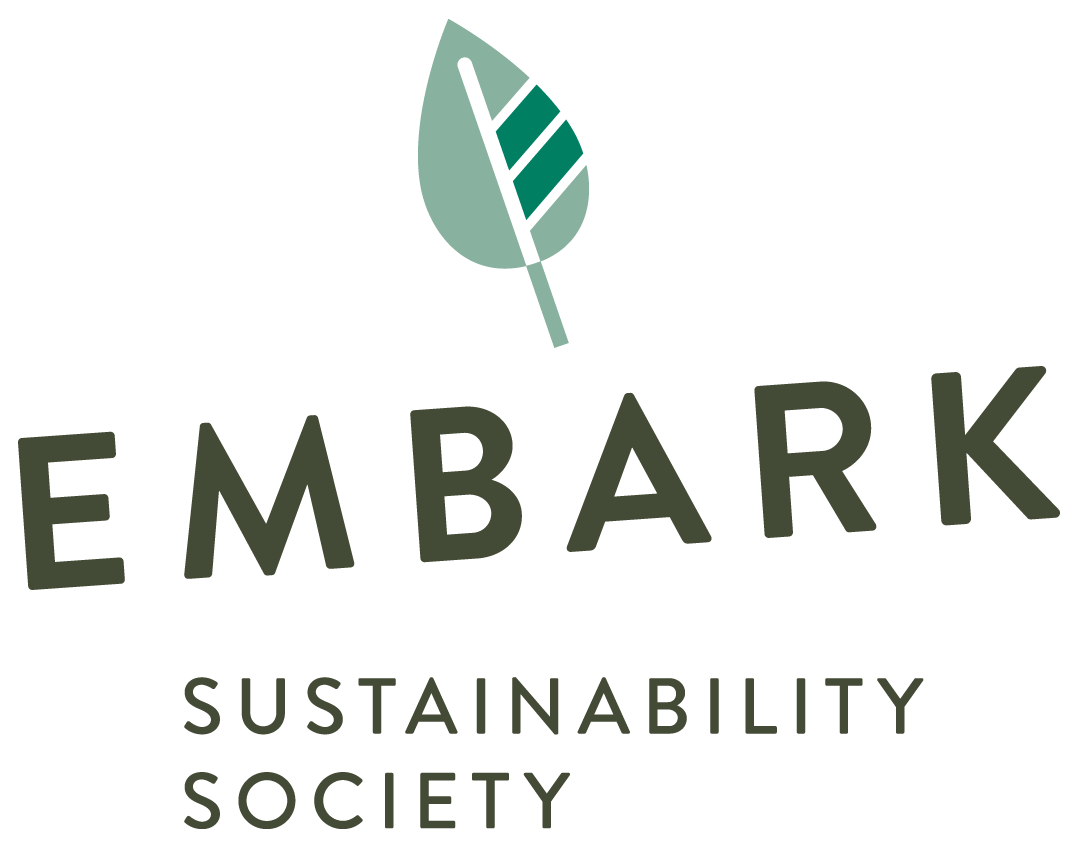Contribute to Developing SFU’s Divestment Policy!
Thanks to your efforts in pushing for divestment from the fossil fuel industry, and reinvestment in a clean and sustainable future, SFU is now taking community feedback on the Divestment section of their Responsible Investment Policy.
This is where you, as a member of the SFU community, have an important say in how SFU’s investments can be a powerful tool in shutting down unethical practices and contribute to positive social development throughout the world.
Please contribute to this important process before consultation closes on July 31st.
Step 1: Read through the Draft Policy and Criticisms
Read through theDRAFT Responsible Investment Policy here. The Divestment section is on page 2
Step 2: Have a look at DivestSFU’s suggestions
- SFU’s investments should be aligned with SFU’s policies and goals. For example, SFU signed on to the Paris Pledge for Action, which calls on all signatories to take immediate action to limit world temperature rise to 2 degrees C and strive for 1.5 degrees C.
- The divestment recommendation should be based on the social and environmental impacts of a practice rather than the political repercussions of divesting. This will guide SFU’s decisions to be rooted in science and ethical values.
- Any group presenting to the Responsible Investment Committee on divestment should warrant a formal consideration process. The divestment policy should specify a process to deal with the issue that includes a reasonable timeline and consultation with an interdisciplinary group of SFU students, staff, and faculty.
Step 3: Check out our criticism of the draft policy (Page 2, Section 5.5)
- In response to the 1st point: How large of an investment he have in the companies should help determine if we should divest.
- The power of divestment lies in making a statement that companies that cause social harm are not supported by institutions such as SFU. Whether the University has small or large investments in companies that cause social harm, SFU can still have an impact by making the commitment to divest the holdings in those companies. It should not matter how much of the endowment is invested in the particular entity if it is against our values as a university.
- In response to: “Social injury is considered significant if more than ten percent of the entity’s revenues are derived from the injurious activity.”
- Ten percent is an arbitrary number and we should focus on the injury of the practice rather than the amount of it. If an entity commits even 9% of something we classify as social injury, then we should still divest from it.
- In response to the third point: We should be able to prove that divesting from companies will have a greater impact than shareholder engagement.
- Divestment is a powerful movement as it helps to remove the social license that certain companies have to operate in society. It would be extremely difficult to gather “reasonable evidence” to prove that particular impact. SFU should therefore not rely on this unreasonably high standard that cannot be met to make a divestment decision.
- In response to: “The University should consider the interests of its stakeholders (students, faculty, donors, alumni, staff, provincial government and taxpayers).”
- It is the fiduciary responsibility of the Board of Governors to ensure the endowment functions in the interest of all the beneficiaries (not stakeholders!). The trustee’s duty is not to maximize returns, but rather to optimize returns, with risks taken into account.
Step 4: Send in your Input!
Feel free to include the points that you agree with, and add your own ideas. Remember to thank the staff working on this consultation for their efforts. You may type your response through your SFU email to Mr. Jacky Shen, Director of Treasury, at jack_shen@sfu.ca.
